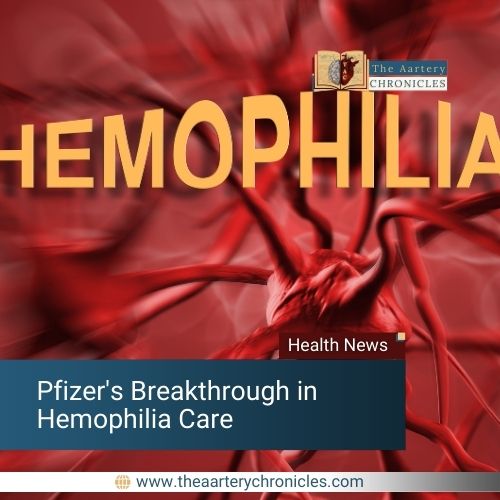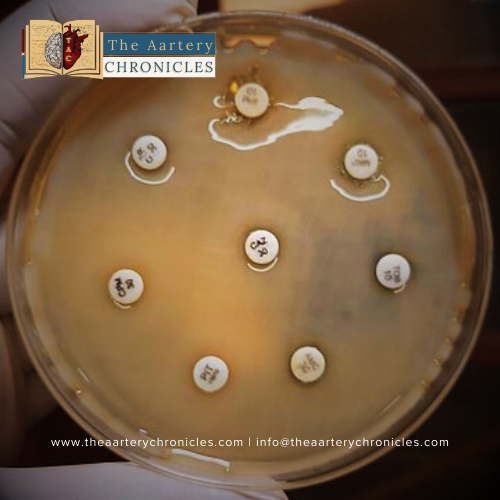

Pfizer's Breakthrough in Hemophilia Care
U.S. Approval for New Gene Therapy
Pfizer has revealed that it has received US clearance for a novel gene therapy targeted to treat a specific kind of hemophilia, according to a recent statement. Beqvez, a treatment provided by a single intravenous infusion, has been licensed for use in individuals with moderate to severe hemophilia B. This is a rare, hereditary illness that affects blood clotting.
Clinical Advantages and Health Considerations
In a clinical trial with 45 individuals, Beqvez outperformed the current standard therapy, which comprises numerous weekly injections of clotting protein factor IX (FIX), in terms of reducing bleeding events.
Adam Cuker, director of the University of Pennsylvania’s Comprehensive Hemophilia and Thrombosis Program, highlighted in the statement that the current treatment regimen can be disruptive and burdensome for many patients. He noted that Beqvez’s one-time treatment could significantly lessen both the medical and lifestyle burdens for those it suits.
Although generally well-received, the therapy has been associated with elevated liver enzymes, indicating liver inflammation. Patients are advised to abstain from alcohol for up to a year after treatment to prevent potential liver damage. Long-term data on Beqvez will continue to be collected, with a follow-up period extending up to 15 years.
Mechanism of Delivery and Financial Considerations
Beqvez uses a modified virus, rendered harmless, to deliver a functional copy of the FIX gene directly to liver cells, enabling them to produce the necessary clotting protein.
The gene therapy is also under review by the European Medicines Agency, having already been approved in Canada in January. Pfizer has set the list price for Beqvez at $3.5 million, although insured patients are expected to incur lower costs. This is notable when compared to the potential annual costs of existing treatments, which can range from $600,000 to $1.1 million.
What is hemophilia?
Hemophilia is a genetic disorder that involves bleeding and a lack of clotting agents in the blood.
- Hemophilia A is caused by a clotting factor VIII deficiency or decrease.
- Hemophilia B: The primary cause is the lack or decrease of clotting factor IX.
Hemophilia, a multifaceted genetic condition, necessitates ongoing care and assistance. The impact of the condition can be reduced by enhancing awareness, education, and providing comprehensive healthcare.
Source: Inputs from various media Sources

Priya Bairagi
- Medicine
- Nutrition And Diet












